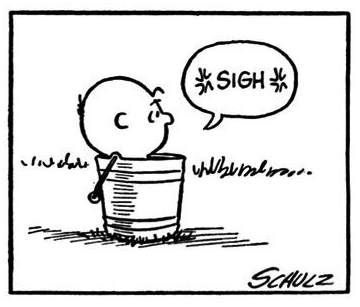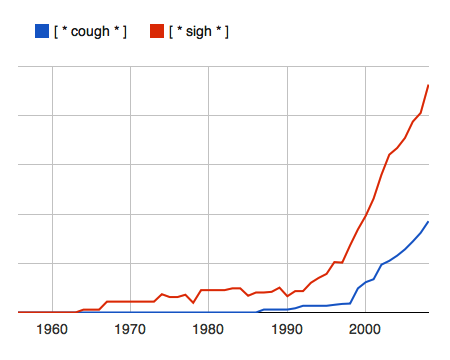By John Gruber

Simplify integrations with WorkOS Pipes.
The Rise of Bounding Asterisks in Lieu of Italicization for Styling Text
Wednesday, 6 February 2013
Something else caught my eye in David Pogue’s review of the Surface Pro today — the use of bounding asterisks for emphasis around the coughs:
For decades, Microsoft has subsisted on the milk of its two cash cows: Windows and Office. The company’s occasional ventures into hardware generally haven’t ended well: (*cough*) Zune, Kin Phone, Spot Watch (*cough*).
Where by “emphasis” I mean “informing the reader of a shift in style or voice”, such as how foreign words are italicized in many publications and books. Using asterisks this way strikes me as an Internet-ism. I would think those coughs should be italicized; using bounding asterisks is a substitute in plain text contexts, something we collectively started doing in email, newsgroups, web comments and forums, Twitter, and various other input fields where computer software doesn’t allow proper italics (or bold, or any other formatting).1
Or at least that was my hunch. So I asked on Twitter, and David Friedman had the clever idea to search Google’s Ngram Viewer for “*sigh*” and “*cough*”. The results are interesting.
Neither appeared in print until the mid-’60s, when *sigh* began appearing. But *cough* doesn’t appear until 1987. Both though, exploded in usage starting in 1997, and have risen steadily ever since. So I think I’m correct that this use of asterisks has been largely driven by Internet punctuation idioms.
But what explains *sigh*’s rise in the ’60s? That was a head-scratcher for me. But I suspect Friedman nailed it: it stems from Charles Schulz’s Peanuts.

What I wish I could do with Google’s Ngram Search is look for instances of these words actually italicized, to see if that treatment has dropped as bounding asterisks have risen.

